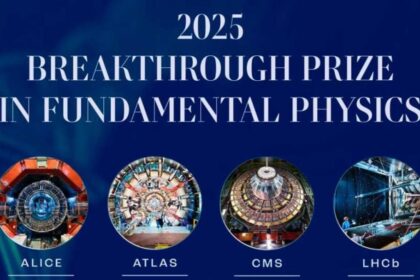Using a huge database of over a million brain scans, researchers in the UK have made significant progress in the early diagnosis of Alzheimer’s disease. This achievement promises a huge development in the diagnosis and treatment of this deadly disease.
According to the medical and health news service of Tekna Technology Media, the NEURii project, which is the result of a collaboration between the Universities of Edinburgh and Dundee, has been launched with the aim of developing advanced tools based on artificial intelligence to predict, diagnose and treat Alzheimer’s disease. Using high-quality data from brain scans and medical records, the researchers of this project identify patterns associated with Alzheimer’s disease.
Early diagnosis of Alzheimer’s disease is of particular importance. Due to the increasing number of people suffering from this disease all over the world, the development of accurate and fast diagnostic methods can help to improve the quality of life of patients and reduce the financial burden caused by this disease. Using complex artificial intelligence algorithms, NEURii project researchers are able to accurately analyze brain scan images and extract valuable information from them. This information helps doctors to more accurately assess the risk of Alzheimer’s disease in patients. Artificial intelligence algorithms are able to recognize patterns that cannot be recognized by the human eye. These algorithms can process a huge amount of data in a very short time.
Also, the use of artificial intelligence can help reduce the costs of diagnosing and treating Alzheimer’s disease. With the development of diagnostic tools based on artificial intelligence, we can expect to see significant improvements in the treatment and management of Alzheimer’s disease in the near future. Early detection of this disease allows doctors to start appropriate treatments in the early stages of the disease and prevent its progression.
The NEURii project has taken an important step in the fight against Alzheimer’s disease. Using new technologies and international cooperation, the researchers of this project hope to be able to deal with this disease in an effective and sustainable way.
To see the latest news, refer to the scientific news page of Tekna Media.
RCO NEWS


















